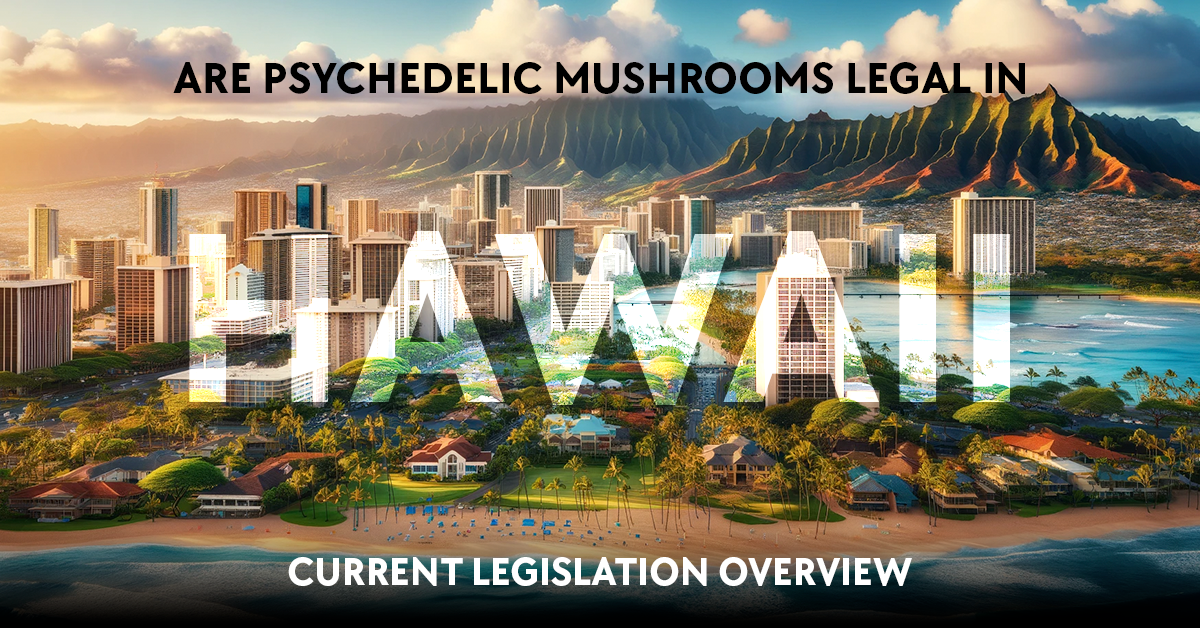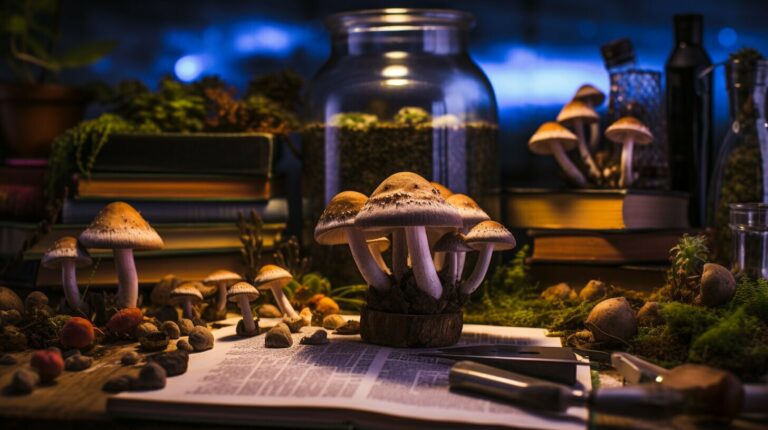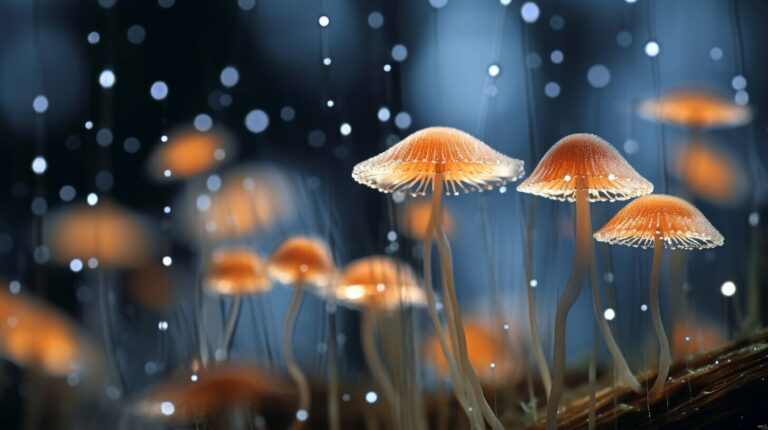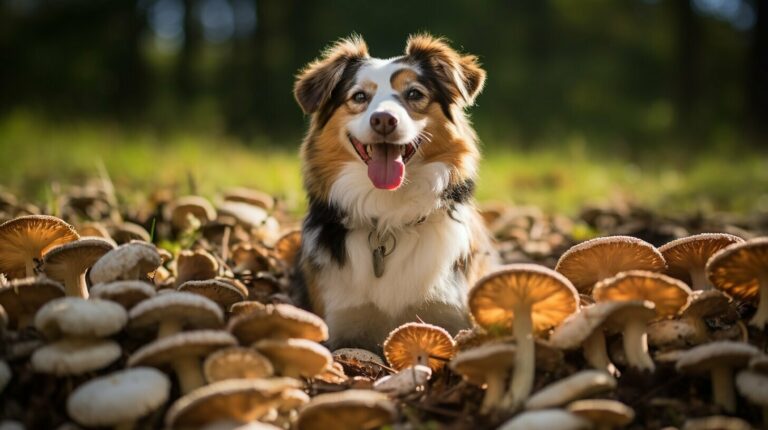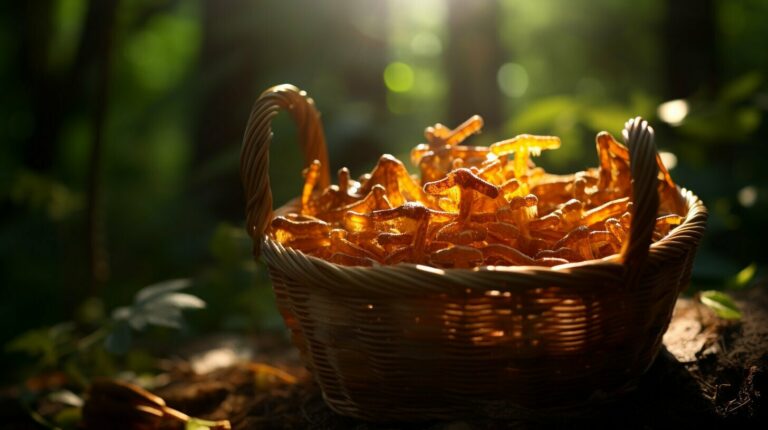When considering the legality of psychedelic mushrooms in Hawaii, it’s important to understand the current legal landscape surrounding these substances. Psychedelic mushrooms, also known as “magic mushrooms” due to their psychoactive properties, primarily contain psilocybin, a substance that has been the focus of recent legislative discussions. In many places around the world, these mushrooms are controlled substances, meaning their possession, sale, or use is regulated by law.

In Hawaii, as with the majority of the United States, psychedelic mushrooms are classified as a Schedule I drug under federal law, which signifies that they are considered to have a high potential for abuse with no accepted medical use. This classification makes their legality clear: they are illegal to cultivate, possess, distribute, or use. However, there’s a growing movement toward reconsideration of the legal status of certain psychedelic substances, with an emphasis on their potential therapeutic benefits.
While discussions and legislative efforts to decriminalize or legalize psychedelics have been ongoing in various states, as of my knowledge cutoff date in 2023, no law has been implemented in Hawaii that would permit the legal use of psychedelic mushrooms. This status may evolve as further research and public discourse continue to shape perceptions and laws regarding these substances.
Legality of Psilocybin in Hawaii
Table of Contents
https://www.youtube.com/watch?v=bvCNc2bjNrk&embed=true
When examining the status of psilocybin in Hawaii, it’s crucial to recognize that it remains classified as a Schedule I controlled substance under both state and federal law. This legal standing implicates serious penalties for possession, distribution, or production of psychedelic mushrooms containing psilocybin.
Current State Laws
In Hawaii, psilocybin, the psychoactive compound found in certain species of mushrooms, is criminalized. Under state law, the possession of psilocybin-containing mushrooms is considered a felony. This aligns with its classification as a Schedule I controlled substance, indicating that the state acknowledges no accepted medical use and a high potential for abuse. The legal repercussions for being caught with psychedelic mushrooms can be grave, including substantial fines and potential incarceration.
Federal Regulations and DEA Stance
At the federal level, psilocybin is similarly classified as a Schedule I drug by the Drug Enforcement Administration (DEA). Federal law dictates that substances in this category are subject to the strictest regulations due to significant abuse potential and a lack of recognized medical application. The DEA’s position aligns with the Controlled Substances Act, reinforcing the criminalization of psilocybin nationwide. Regardless of state laws, you can face federal charges for psilocybin-related offenses, which often carry harsher penalties than state charges.
Medical and Therapeutic Use

Psychedelic mushrooms, particularly those containing psilocybin, have seen a resurgence in research due to their potential benefits for various mental health conditions. Your understanding of their medical and therapeutic use is crucial, especially as discussions around their legality and therapeutic potential continue.
Research on Psilocybin for Treatment
Extensive clinical trials are underway to investigate the efficacy of psilocybin for the treatment of mental health issues, such as depression, PTSD, anxiety, and addiction. Such studies are crucial for establishing the safe and effective administration of psychedelics in a therapeutic context. For instance, preliminary research suggests that psilocybin may significantly benefit individuals with treatment-resistant depression.
Benefits of Psilocybin:
- Treatment-resistant depression: May reduce symptoms when other treatments have failed.
- PTSD and anxiety: Potential to alleviate persistent symptoms through guided therapy sessions.
- Addiction: Helps some patients reduce dependency on substances.
Treatment Centers and Health Department Involvement
In areas where psilocybin has been decriminalized or approved for therapeutic use, treatment centers are beginning to collaborate with mental health professionals and the Department of Health. The goal is to develop protocols for therapies involving psychedelics, ensuring a regulated environment for their administration. This collaboration is fundamental in supporting the growth of this new treatment paradigm, working to help individuals with mental health challenges find relief.
Legal Considerations:
- Regulatory framework: Treatment centers operate within the legal guidelines established by local authorities.
- Health Department collaborations: Ensure the safety and ethical considerations in psychedelic therapy.
Decriminalization Efforts

In Hawaii, progressive measures toward the decriminalization of psychedelic substances like psilocybin, the active compound in magic mushrooms, reflect a wider shift in attitudes. Your awareness of these steps is key to understanding the current landscape.
Recent Legislative Proposals
State Senator Stanley Chang has been a notable leader in the push for policy change regarding psychedelics in Hawaii. In previous legislative sessions, proposals such as Hawaii SB738 and SB2575 aimed to decriminalize magic mushrooms, fostering a conversation about the therapeutic potential of these substances. While no bill has successfully passed to decriminalize psychedelics in Hawaii as of the current date, these legislative efforts signify a growing support for reevaluation of drug policy.
Comparison With Other States
Hawaii’s efforts to decriminalize psychedelics are part of a broader national trend. For instance, Oregon has taken significant strides by passing a law to decriminalize the possession of small amounts of drugs, including psychedelics, and also legalizing psilocybin for therapeutic use. Similarly, California has seen initiatives to decriminalize psychedelics, while states like Colorado and Vermont have been engaging in discussions around policy reforms, influenced by the successful example of medical marijuana decriminalization.
Your understanding of Hawaii’s legislative attempts at decriminalization will benefit from considering these movements within the broader context of national drug policy reform.
Penalties and Enforcement

In Hawaii, psychedelic mushrooms are classified as Schedule I substances, implying strict regulations and serious repercussions for their unauthorized possession and use. Knowledge of the precise penalties and how enforcement is carried out is essential for an awareness of the legal landscape.
Current Penalties for Possession and Use
If you are caught in possession of psychedelic mushrooms in Hawaii, you’re facing a potential felony charge. A felony imputes significant legal consequences, including a possible prison sentence and a substantial fine. The severity of the punishment often hinges on the amount in possession and whether it’s deemed for personal use or distribution. Specifically, possession of a small quantity could result in up to one year in jail and fines, whereas larger amounts, or distribution intent, can lead to much harsher penalties, including extended prison terms.
Enforcement by Local Police and Federal Agencies
At the local level, Hawaiian law enforcement agencies actively monitor and pursue cases involving psychedelic substances. Your actions, if they entail the use or distribution of these mushrooms, can indeed trigger a strong enforcement response. Furthermore, the federal DEA also enforces federal law regarding controlled substances. In Hawaii, as in all states, federal laws criminalize the possession and distribution of psychedelics, with enforcement actions leading to significant legal repercussions, potentially surpassing state-level consequences. Being a Schedule I drug, possession or distribution of psychedelic mushrooms is taken seriously by both state and federal law enforcement bodies.
Cultivation and Distribution
As you navigate the complexities surrounding the legality of psychedelic mushrooms in Hawaii, it’s crucial to understand the specific state regulations regarding mushroom spores and the risks associated with their illegal distribution.
Legality of Mushroom Spores and Cultivation
In Hawaii, it’s important to know that the sale and possession of psilocybin mushroom spores for microscopy and educational purposes are not illegal, as long as there’s no intent to cultivate them. However, spores becoming mycelium is where legal issues arise. The active cultivation of psychedelic mushrooms is considered a felony, as these fungi are classified as Schedule I controlled substances. Engaging in cultivation can lead to severe penalties, including imprisonment or heavy fines.
Risks of Illegal Distribution and Sale
Engaging in the distribution or sale of psychedelic mushrooms is illegal in Hawaii and is regarded as a serious felony. If you’re found distributing or selling these mushrooms, you will face substantial legal consequences. This includes the possibility of incarceration and significant monetary fines, as the sale of Schedule I substances is criminalized under both state and federal law. Moreover, the penalties escalate with the quantity of the substance involved in the transaction.
Future Outlook of Psychedelic Mushrooms in Hawaii
The legal landscape of psychedelic mushrooms, particularly in areas such as Hawaii, is subject to evolving perspectives on mental health and public support.
Impact of Advocacy and Public Support
Your awareness of changes in policy concerning psychedelics can be significantly influenced by advocacy efforts and public opinion. In Hawaii, increasing public support for the therapeutic use of psychedelic mushrooms in treating a range of mental health conditions has begun to shape discussions around legal reform. Groups supporting the decriminalization of magic mushrooms emphasize potential benefits in mental health treatment and that momentum could lead to legislative initiatives or revisions in the future.
Frequently Asked Questions
Before exploring these common inquiries, it’s important to recognize that laws surrounding psilocybin mushrooms, commonly known as magic mushrooms, are specific and stringent in Hawaii. Know that possession, sale, and use are subject to state legislation.
What is the current legal status of psilocybin mushrooms in Hawaii?
As of the current date, psilocybin mushrooms are classified as a Schedule I controlled substance in Hawaii. This means they are considered to have a high potential for abuse and no accepted medical use, making their possession, sale, and use illegal.
Are there any legal consequences for possessing psychedelic mushrooms in Hawaii?
Yes, possessing psychedelic mushrooms in Hawaii is illegal and can result in severe legal consequences, including fines and imprisonment, reflecting the classification of psilocybin as a Schedule I substance.
Has there been recent legislation regarding psychedelic mushrooms in Hawaii?
There has been no recent legislation passed that changes the legal status of psychedelic mushrooms in Hawaii. They remain illegal for recreational use and any non-sanctioned activities.
Can individuals use psychedelic mushrooms for medicinal purposes legally in Hawaii?
Currently, there is no legal framework that allows the medicinal use of psychedelic mushrooms in Hawaii. Any use of psilocybin for such purposes is not permitted under state law.
Is it permissible to grow psilocybin mushrooms for personal use in Hawaii?
Growing psilocybin mushrooms for personal use is illegal in Hawaii, mirroring the regulations around their possession and use.
Are there any ongoing studies or trials related to psychedelic mushrooms in Hawaii that are sanctioned by the state?
While research on the therapeutic potential of psychedelics is increasing, you should verify with state-sanctioned sources to find out if there are current, officially approved studies or trials involving psychedelic mushrooms in Hawaii.

